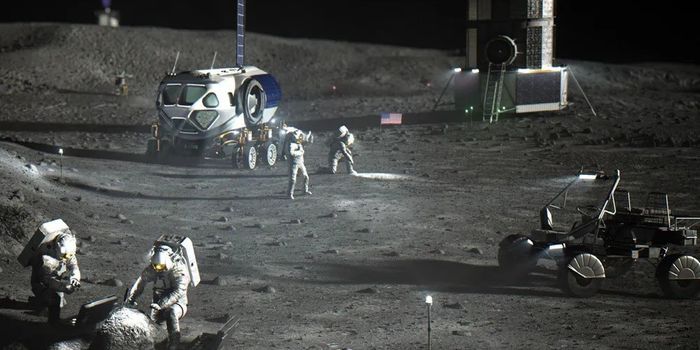Climate change tip: listen to the people
A study published today in Nature Energy calls for governments and companies – and scientists – to listen with greater integrity to the public’s demand for climate change action. The study urges ordinary people’s viewpoints to be contemplated with more seriousness, saying that the general public has more knowledge on the matter and is capable of making more informed decisions than we are given credit. The study comes from the University of East Anglia and the UK Energy Research Centre.
"The assumption used to be that members of the public didn't really understand climate change. And some said that the issue was so urgent that democracy should be put on hold,” commented Professor Jason Chilvers, Co-Director of the UK Energy Research Centre. “But in many countries, citizen engagement is central to programs for achieving net-zero. And many now say we need more, not less democracy in tackling problems of energy and climate change. We wanted to know more about the different ways people are actually engaging."
The study harps on the importance of public engagement in decision-making processes when it comes to matters that affect the entire planet’s many populations. Decisions should be made involving the perspectives of all stakeholders, not just governments, companies, and other voices that are naturally louder.
Chilvers adds: "Transitioning to more sustainable and low-carbon energy systems is one of the biggest challenges of the 21st Century. Keeping increases in global average temperature to well below 2°C, as set out in the Paris COP21 climate agreement, means we need to transform the way we use energy on an unprecedented global scale. Many countries around the world have embarked on concerted programs to steer such change, by focusing on technological, infrastructural, and economic interventions. This is really important. But it's also vital that everyone in society is engaged with the effort.”
The study, entitled, “A systemic approach to mapping participation with low-carbon energy transitions,” describes the holistic approach that the researchers took in exploring how people are already participating in climate change action in their own corners of the world.
"We found that people have much more to say and do in reducing carbon emissions than previously thought,” Chilvers observed. “We found so many different ways that people are now engaging - from citizens' assemblies, activism and protest through to engaging online, with smart technologies in the home, in grassroots community energy schemes and makerspaces.
"We are now taking this approach forward in the form of a national Observatory as part of UKERC to map and monitor public participation and engagement with energy and climate change on an ongoing basis. The Observatory is translating this evidence to improve decision-making for just transitions in government, business, and civil society. We hope that our work to map engagement on a grand scale will help improve public engagement processes in the future, and help with the development of climate policy ahead of COP26," he concludes.
Sources: Nature Energy, Eureka Alert








